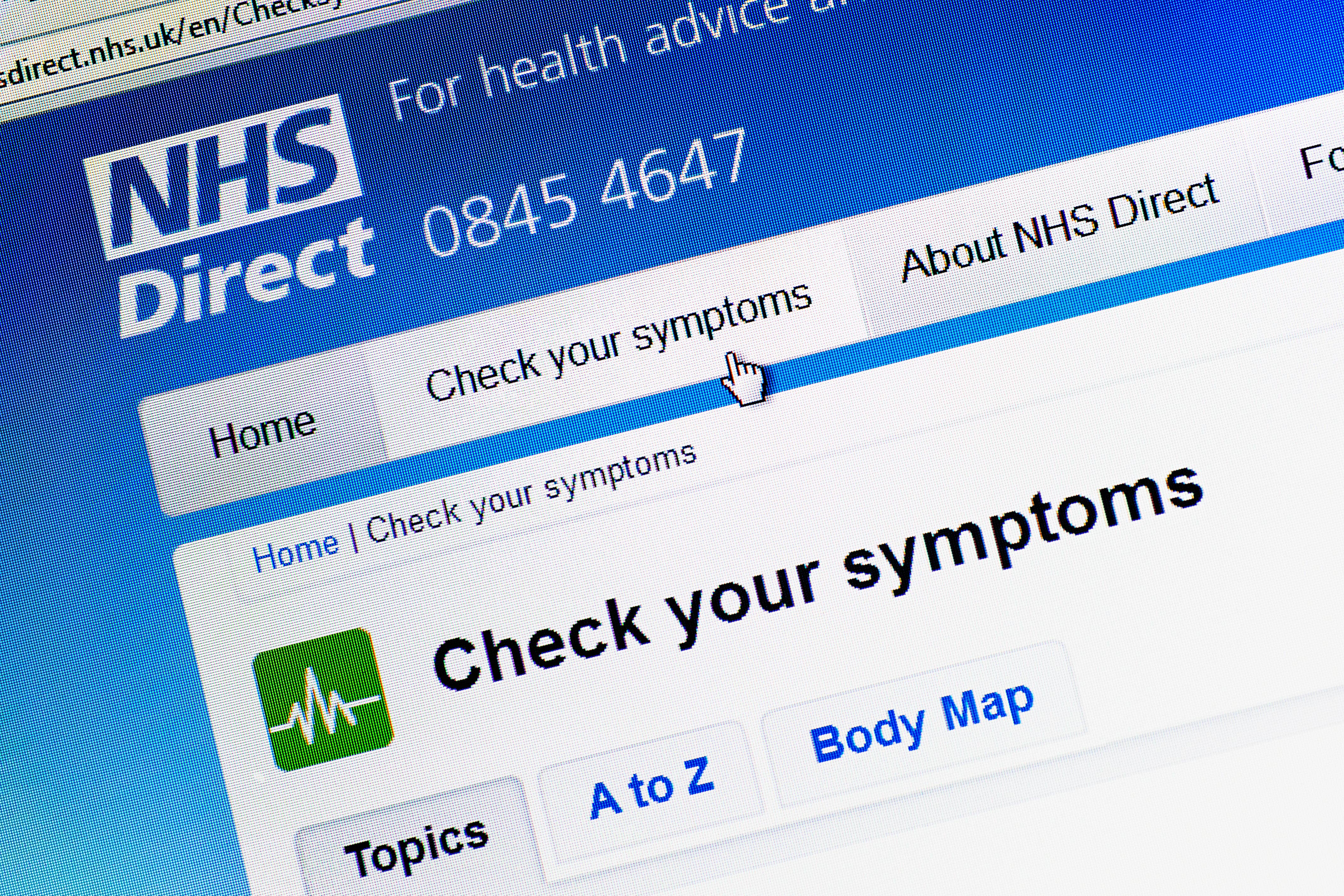Access to basic healthcare for asylum seekers is at risk, says Red Cross
A new report recommends that the Home Office should include ‘fast and free’ internet access in asylum accommodation.

Your support helps us to tell the story
From reproductive rights to climate change to Big Tech, The Independent is on the ground when the story is developing. Whether it's investigating the financials of Elon Musk's pro-Trump PAC or producing our latest documentary, 'The A Word', which shines a light on the American women fighting for reproductive rights, we know how important it is to parse out the facts from the messaging.
At such a critical moment in US history, we need reporters on the ground. Your donation allows us to keep sending journalists to speak to both sides of the story.
The Independent is trusted by Americans across the entire political spectrum. And unlike many other quality news outlets, we choose not to lock Americans out of our reporting and analysis with paywalls. We believe quality journalism should be available to everyone, paid for by those who can afford it.
Your support makes all the difference.Asylum seekers in England are at risk of missing out on basic healthcare services because they have limited access to the internet, a report has warned.
Asylum seekers interviewed by The British Red Cross said a lack of digital access meant they “avoided seeking help for medical problems altogether”, or they go straight to A&E as they cannot get through to the GP.
The charity’s report said “affordability of devices and mobile data, a lack of Wi-Fi in asylum accommodation, and a lack of confidence in using technology and navigating websites in English”, are the main barriers for asylum seekers seeking healthcare.
Following the Covid-19 pandemic, access to healthcare services has become more digitally-focused with GP appointments often held over video and booked online.
Access to the internet, smartphones or computers is not a luxury. Without them, people’s health is put at risk and it's harder to integrate into communities
Sohaib Hafeez, a researcher who worked on the report said: “Simple things, like access to a GP, became a struggle as they often could not afford technology and internet access, and did not have the digital skills needed to navigate these tools.
“People were instructed to use online healthcare apps, but they were not able to for these reasons. It saddened me, sitting through the interviews and hearing people not being able to contact their GP.”
An asylum seeker from Eritrea interviewed by the British Red Cross said: “I felt so isolated. I had no internet, it felt like I was in prison. My mental health was impacted. I suffered a lot. I don’t want to think about that time again.”
Another person seeking asylum from the Gambia said: “With limited funds, it has not always been easy to go online. (The) communal living environment makes it difficult to have that private space to go online.”
The report recommends that the Home Office should include ‘fast and free’ internet provision in the requirements for asylum accommodations and consult with current or past asylum seekers to ensure their basic healthcare needs are met.
Olivia Field, head of health and resilience Policy at the British Red Cross, said: “We’re concerned about the impact on people seeking asylum, who often don’t have digital access.
“Access to the internet, smartphones or computers is not a luxury. Without them, people’s health is put at risk and it’s harder to integrate into communities, with an increased risk of isolation.
“Providing Wi-Fi in asylum accommodation, improving digital literacy training and making sure people have non-digital ways of accessing healthcare services are just some of the small steps the government and NHS can take to make sure everyone can get the care they need when they need it.”
A Home Office spokesperson told the PA news agency: “We are dealing with an unprecedented increase in asylum cases but continue to ensure asylum seekers who would otherwise be destitute are provided with support whilst we consider their claim.
“Asylum seekers have access to health and social care services from point of arrival in the UK and we work closely with the NHS, local authorities and contractors to ensure that asylum seekers can access the support they need. We also work with local and national organisations to facilitate the donation of digital devices.”